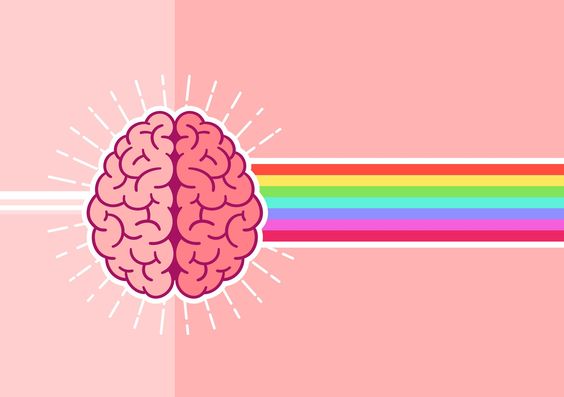Introduction:
Positive psychology is the scientific study of what makes life worth living. It focuses on the strengths and virtues that enable individuals and communities to thrive. Instead of dwelling on problems and disorders, positive psychology seeks to understand the factors that contribute to happiness, well-being, and flourishing.

This branch of psychology emerged in the late 1990s as a counterbalance to traditional psychology, which primarily concentrated on mental illness and dysfunction. Positive psychology aims to shift the focus from merely treating illness to cultivating optimal human functioning. It explores themes such as gratitude, resilience, optimism, hope, and the importance of meaning and purpose in life.
Understanding Positive Psychology
At its core, positive psychology is rooted in the belief that happiness is not merely the absence of negative emotions but rather a state of well-being characterized by positive emotions, engagement, relationships, meaning, and accomplishment (PERMA). These five elements, often referred to as the PERMA model, represent the building blocks of a fulfilling and meaningful life, according to positive psychology.
Key Concepts in Positive Psychology
Positive psychology encompasses a wide range of concepts and theories, including:
- Character Strengths: Identifying and leveraging your unique strengths, such as kindness, creativity, or perseverance.
- Flow State: Achieving a state of complete absorption and enjoyment in an activity, often referred to as being "in the zone."
- Gratitude: Cultivating a sense of thankfulness for the good things in life.
- Mindfulness: Paying attention to the present moment without judgment.
- Resilience: The ability to bounce back from adversity and adapt to challenging situations.
Applications of Positive Psychology
The principles of positive psychology can be applied in various areas of life, including:
- Personal Development: Enhancing well-being, boosting happiness, and building resilience.
- Workplace: Improving employee engagement, productivity, and job satisfaction.
- Education: Fostering student motivation, academic achievement, and personal growth.
- Therapy: Complementing traditional therapy by focusing on strengths and building positive emotions.

.jpg)